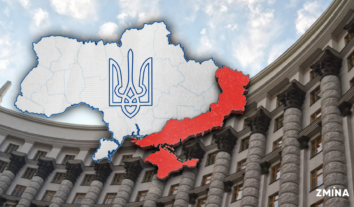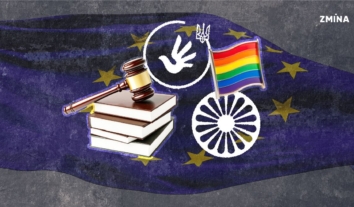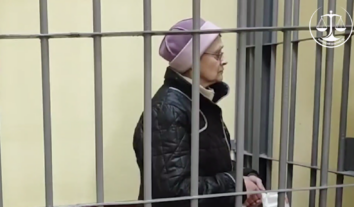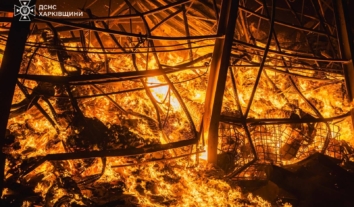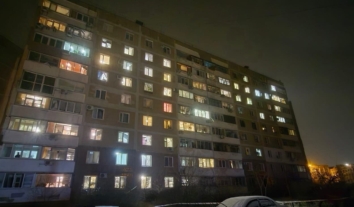From ‘super body’ to effective system
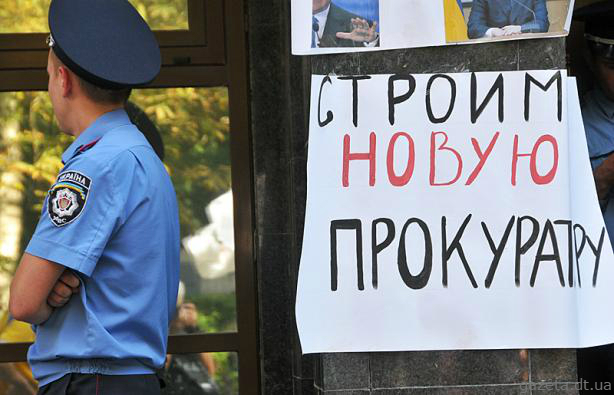
What role do new constitutional amendments play in the reform of Ukrainian prosecutor’s office?
The Law of Ukraine No. 1401-VIII “On Amendments to Constitution of Ukraine Related to Judiciary” dated June 2, 2016 will come into force on September 30. In particular, the amendments will touch upon the system of prosecutor’s office, which is an important step in the context of many years of slow and cumbersome reform of this public authority.
First, the section “The Prosecutor’s Office” will be removed from the Constitution.
Second, after the constitutional amendments come into force, the prosecutor’s office will have three basic functions instead of five:
1) supporting public prosecution in court;
2) organizing and procedural managing of pre-trial investigation, settling other issues in the course of criminal proceedings pursuant to the law, supervising tacit and other investigative and detective actions of law enforcement agencies;
3) representing the interests of the state in court in exceptional cases and in the manner established by law.
However, the prosecutor’s office will continue to carry out a function of pre-trial investigation (until the State Bureau of Investigation starts to operate) and a function of supervision over the observance of laws in the enforcement of judgments in criminal cases. In general, according to the Constitution of Ukraine, the prosecutor’s office was deprived of these two functions in 1996, but continues to perform them on the basis of the transitional provisions of the Basic Law. Now, according to the amendments, it will completely lose these functions.
The mechanism for appointing and dismissing of the Prosecutor General will change as well – now this will be done by the President. The term of office of the Prosecutor General will be five or six years.
Could the mentioned changes be viewed as real impetus to reform of the prosecutor’s office? How the innovations will change the work of the prosecution system in practice and whether it will change at all? The experts comment on the pros and cons of the constitutional amendments related to judiciary.
Reasons for optimism
“We can mention a few important points if we briefly describe the constitutional amendments related to the status of the prosecutor’s system. First, there was earlier a separate section entitled ‘The Prosecutor’s Office’ in the Constitution, now it’s gone. This in some way psychologically equates the status of the prosecutor’s office with other participants in the process, particularly, the criminal process,” explains Doctor of Laws Borys Malyshev, the expert at the Center for Political and Legal Reforms.
As for cutting some of the functions the prosecutor’s office, Malyshev sees only positive moments: “We are moving towards the European standards, where the prosecutor’s office is perceived as something like the lawyers who represent the interests of the public and the state in criminal proceedings. That is, they are acting on the side of the state, on the side of the prosecution, but do not have any special status. These changes slightly reduce the status of the prosecutor’s office because we now have a kind of ‘super body’ with super powers,” the expert said.
The prosecutor’s office will not be able to represent the citizens now even in exceptional cases as the Constitution no longer stipulates such functions. The interests of citizens will be represented by a system of free legal aid of the Bar or the Verkhovna Rada Commissioner for Human Rights.
However, the experts say, we need to understand that merely prescribed changes will not change anything without a long work and practice. The reform of the prosecutor’s office will not be successful without practice.
“The long-term problem, fixed in the Constitution, was that the constitutional status of the prosecutor’s office was separated from the justice system. The latest constitutional amendments are intended to eliminate this gap for the prosecutor’s office to be seen as a full-fledged component of the justice system,” says senior fellow at the Institute of State and Law Mykola Siryi. “Such a direction is given by the Constitution and aims to overcome the long-term problem of excessive influence of politicians and the executives on the public prosecutor’s office. If we manage to achieve changes in this field, we will be able talk about the successful reforming.”
In general, the experts, although characterize the above-mentioned changes as positive in their nature, do not consider them to be a breakthrough in the reform of the prosecutor’s office.
“If to analyze the whole reform process, these changes are a step forward. However, at the same time, if to take into account our realities, more decisive actions are needed to reform the prosecutor’s office, and they must come from the Prosecutor General,” Borys Malyshev says.
WEAK SPOTS
Not all experts are optimistic about the constitutional amendments related to the prosecutor’s office, viewing them as ineffective and preserving the current system.
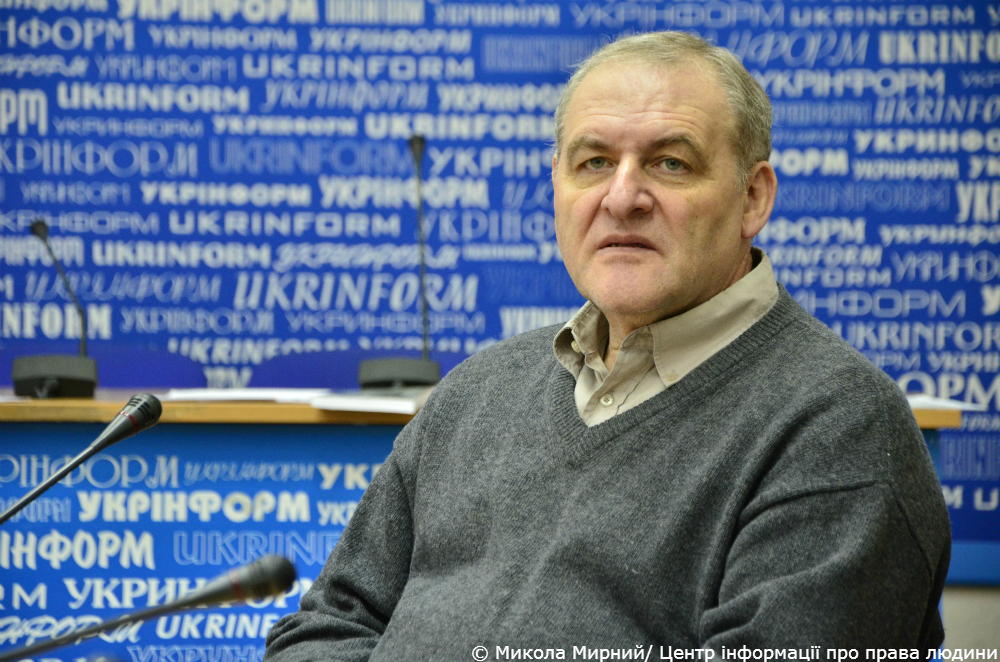
“The prosecutor’s office is the body that is used for political influence. These changes cannot be named a leap in the reform of the prosecutor’s office in any way. They cannot return the public’s trust in the prosecutor’s office and improve merely nothing in its activity,” Yevhen Zakharov, the director of the Kharkiv Human Rights Group notes. “There are many legislatively unresolved issues. In particular, it is said that the prosecutor’s office will carry out the implementation of procedural management of pre-trial investigation, and then, according to the law, will deal with other issues in the course of criminal proceeding. That is, there will be a law, but it is unknown what will be stipulated in it. Thus, a law could be used to push through many functions not prescribed in the Constitution while the prosecutor’s office will continue to ineffectively perform the functions, which are being performed today.”
In addition, the experts believe that the weak spots of the amendments are changes in the mechanism for appointing and dismissing of the Prosecutor General.
“As I understand it,” Malyshev says, “The Verkhovna Rada will not be able to dismiss the Prosecutor General at its own initiative. This will be done by the President. Another negative constitutional amendment is that there is no hint that the President should recommend the candidacy of a new Prosecutor General for a reason, based on the results of some competition, although such regulations were proposed. “
RESTORING TRUST
Another aim of the reform of the prosecutor’s office is to return the public trust in it. As of today, the level of trust has bottomed out. In particular, this is evidenced by results of the poll conducted by the Ilko Kucheriv Democratic Initiatives Foundation and the Razumkov Centre on May 11-16, 2016. According to the poll results, the courts and the prosecutor’s office are the leaders of public mistrust among the Ukrainian public institutions.

In turn, Mykola Siryi notes that the dialogue between the prosecutor’s office and the public still exists, and, therefore, there is a certain level of confidence.
“The fact that the prosecutor’s office rather actively holds the press conferences and comes to dialogue with the public shows that there is a demand. And this demand is partially satisfied by these tools. However, the demand of the public is a little bit distorted, therefore, it opens opportunities for populism and sometimes excessive PR. It turns out that the prosecutor’s office now partially satisfies the communication with the public and partially destroys it. There should be a single foundation for a clear understanding of the rule of law and the development of the system. However, now we have such a complicated design of building trust, when there is an opportunity to rise but there is room for growth as we do not have the needed tools,” Mykola Siryi summed up.
The article was prepared with the support of the Human Rights Information Centre
Maria Semenchenko for the Dzerkalo Tyzhnia (Mirror of the Week)



